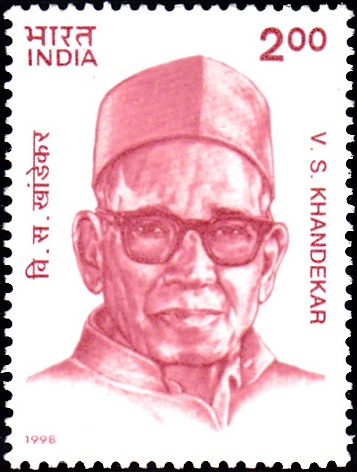
Vishnu Sakharam Khandekar
A commemorative postage stamp on V. S. Khandekar, a noted Marathi writer :
 Issued by India
Issued by India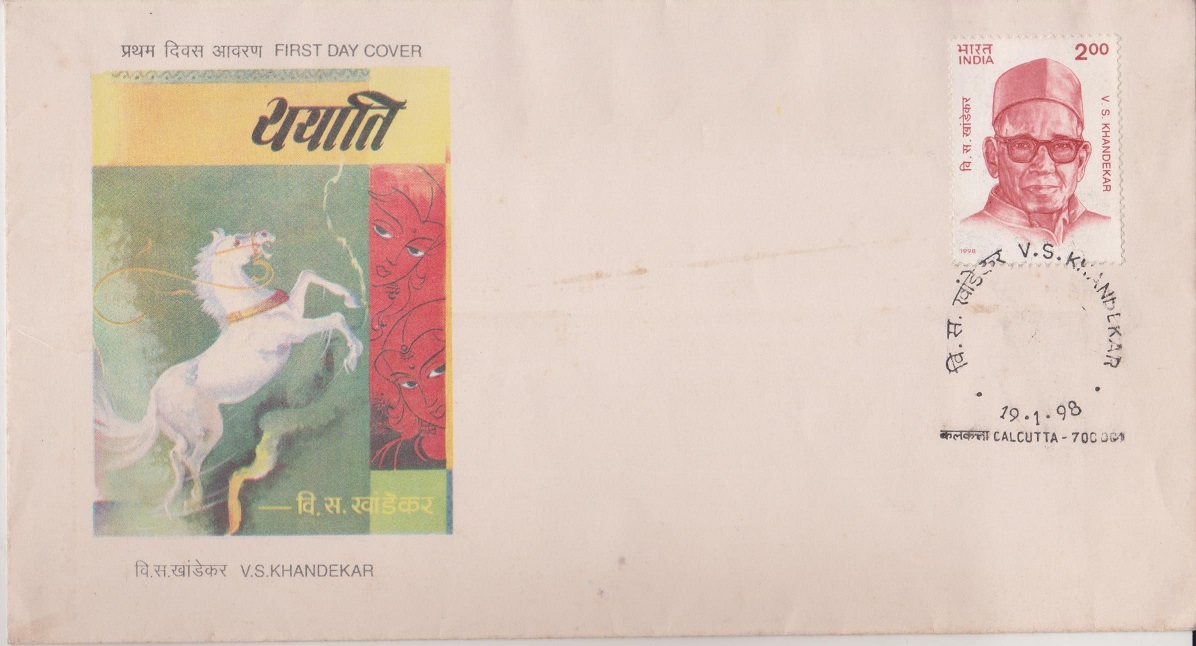
Issued on Jan 19, 1998
Issued for : The Department of Posts is pleased to issue a special commemorative stamp on Shri Vishnu Sakharam Khandekar.
Credits :
Stamp & FDC : Based on the material supplied by Shivaji University, Kolhapur.
Cancellation : Alka Sharma
Type : Stamp, Mint Condition
Colour : Single Colour
Denomination : 200 Paise
Overall size : 3.91 x 2.90 cms.
Printing size : 3.55 x 2.54 cms.
Perforation : 13 x 13
Paper : Indegenous un w/m Adhesive Gravure Coated Stamp Paper in reels 47 cms.
Stamps Printing : 0.4 Million
Number per issue sheet : 35
Printing Process : Photogravure
Printer : India Security Press, Nasik
Name : Vishnu Sakharam Khandekar
Born on Jan 11, 1898 at Sangli, Maharashtra, India
Died on Sep 2, 1976
About :
- Vishnu Sakharam Khandekar was born on 19th January 1898 at Sangli. He passed the Matriculation examination of the Bombay University in 1913 and stood eighth among the successful candidates in order of merit.
- In his distinguished career as a creative writer, he has received many awards and prizes and his contribution to the development of Marathi literature has been recognised not only in Maharashtra but also in other parts of India. His novel YAYATI was given an award by the Sahitya Akademi which later on also conferred its fellowship on him. The award of Padmabhushan was conferred on him in recognition of his services to the world of literature. He is the first Marathi writer to receive the coveted Jnanpith Award. From 1919, Khandekar began publishing poems and articles on a variety of subjects.
- The eighteen years of his life which he spent in Shirode proved crucial : since his stay in a village made him aware of the appalling poverty and ignorance of the people around him. Basically a true romanticist, he became aware of the grim reality and always made a sincere attempt to probe the human predicament in all its depth. The Satyagraha campaigns launched by Gandhiji in the early thirties and particularly the Satyagraha offered by some of Khandekar‘s colleagues and friends at Shirode from 12th to 15th May 1930 left lasting impressions on his restless mind. Since then he has represented the consciousness of a whole generation in Maharashtra that saw the emergence of the Gandhian mode of the freedom struggle and of the socialistic ideology. Moreover, he moulded the sensibility of several generations of readers and writers in Marathi and, thanks to his popularity through translations, of readers in various other Indian languages as well.
- His sympathetic understanding of the limitations of an artist and above all his uncanny gift of discovering new talent gave him a unique position in the field of Marathi literature. All his writings are marked by the flights of his poetic imagination. In his formative period, he seemed to be carried away by the torrent of his own epigrams and the sheer beauty of his similes. He was responsible for the establishment of the modern Marathi short story as a literary form and contributed to the growth of the then emerging Marathi personal essay. He developed an altogether new form of story which he called Roopak Katha. It is not a fairy tale or a fantasy. It is much more than a mere allegorical tale. It resembles more a poem in prose. Published in 1959 when Khandekar was sixty one years old, the Award winning novel ‘Yayati‘, represents in some ways a trend-setting departure in the Marathi novel.


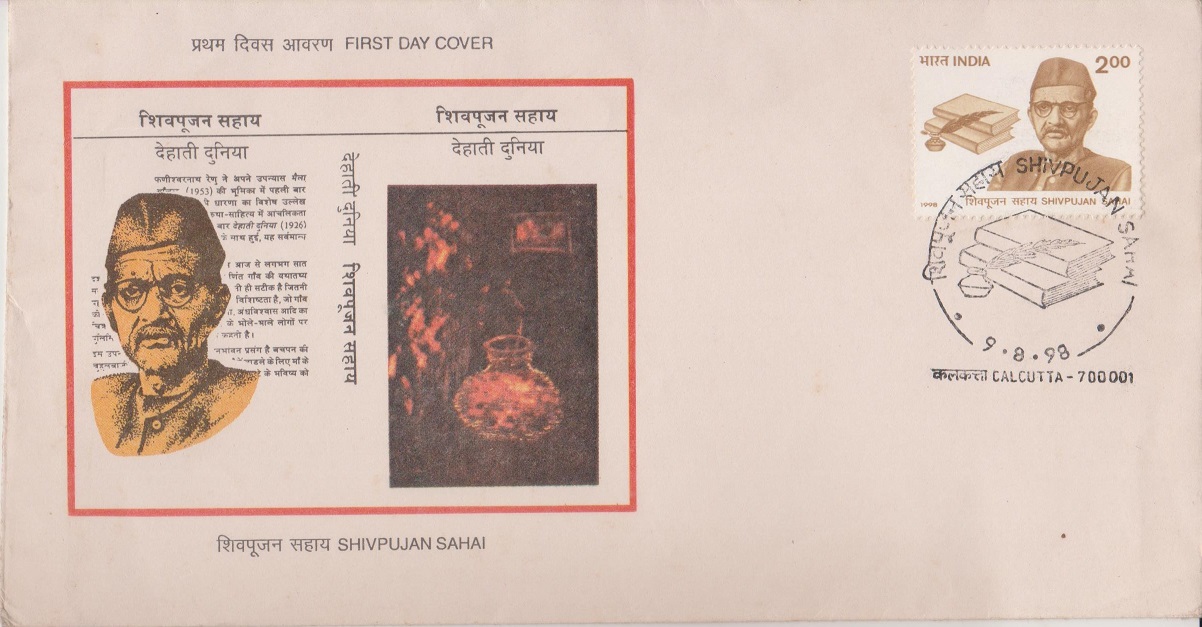
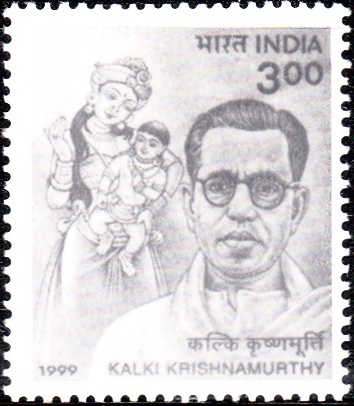
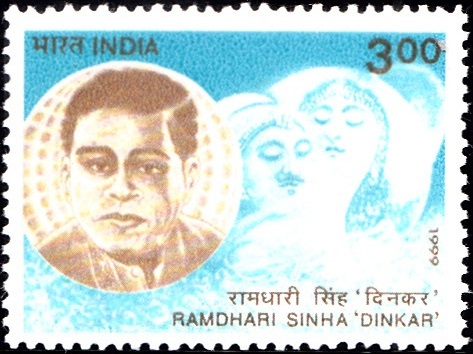
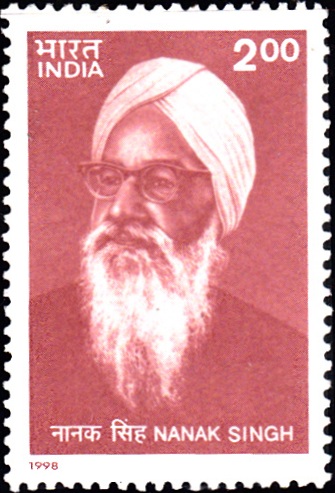
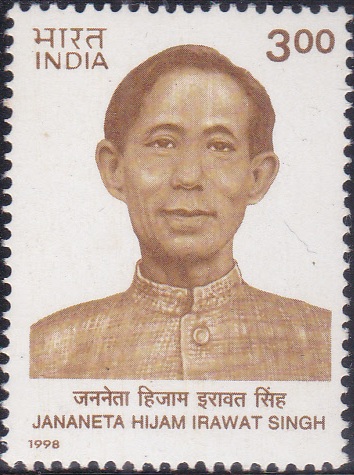
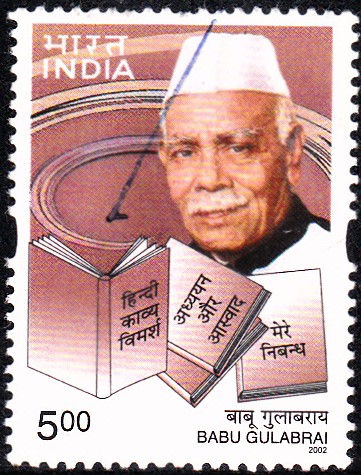
[…] of Vishakha, a collection of his poetry in 1942, was a turning point in his life. The publisher was V.S. Khandekar, a literary giant of Maharashtra. The book made an instant impact with the readers and was also the […]